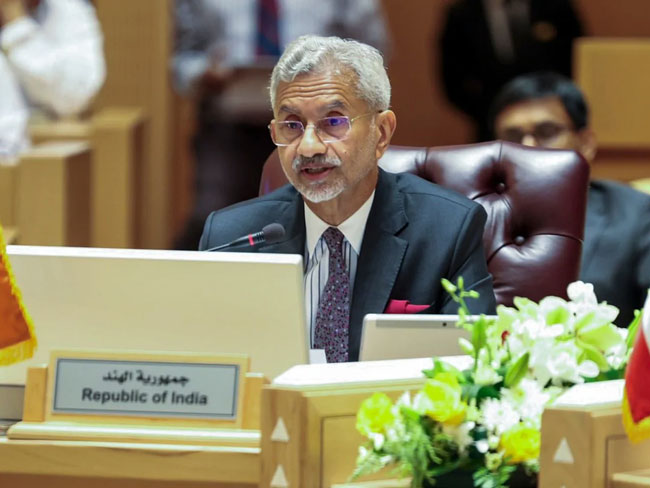Following the Galwan Valley clash, relations between India and China have remained strained. However, India’s Foreign Minister S. Jaishankar stated on Tuesday that India is not closing its doors to trade with China. Instead, he emphasized the need to determine the specific areas and conditions under which the two countries would engage in trade.
Since the deadly Galwan clash in 2020, relations between the two nations have deteriorated. In response, India tightened scrutiny on Chinese investments and halted major projects. Nonetheless, recent suggestions from government officials, including Finance Minister Nirmala Sitharaman, advocate for increasing Chinese investment.
According to a July economic survey report, India could boost its global exports by encouraging Foreign Direct Investment (FDI) from China.
During a conference in Berlin, Jaishankar remarked, “India’s doors to trade with China are not closed. China is the world’s second-largest economy and a premium manufacturer. No country can claim it will not trade with China. The issue is not black and white; it’s about which sectors you trade in and under what conditions. It’s far more complex than a binary answer.”
Jaishankar has frequently highlighted the need for caution in trade and investment with China. In August, he noted a “special China problem” facing India. Earlier, in May, Jaishankar suggested that Indian firms should assess trade dealings with China through a “national security filter” amidst the border standoff and should consider sourcing more from domestic manufacturers.
According to Reuters, India might ease restrictions on Chinese investments in non-sensitive sectors like solar panel and battery manufacturing, areas where domestic expertise is lacking and which currently hinder domestic manufacturing.
Since 2020, India has imposed stringent investment checks and visa restrictions on Chinese nationals. However, it is now contemplating easing visa regulations for Chinese technicians to address significant disruptions caused by these restrictions, which have impeded billions of dollars in investments.




